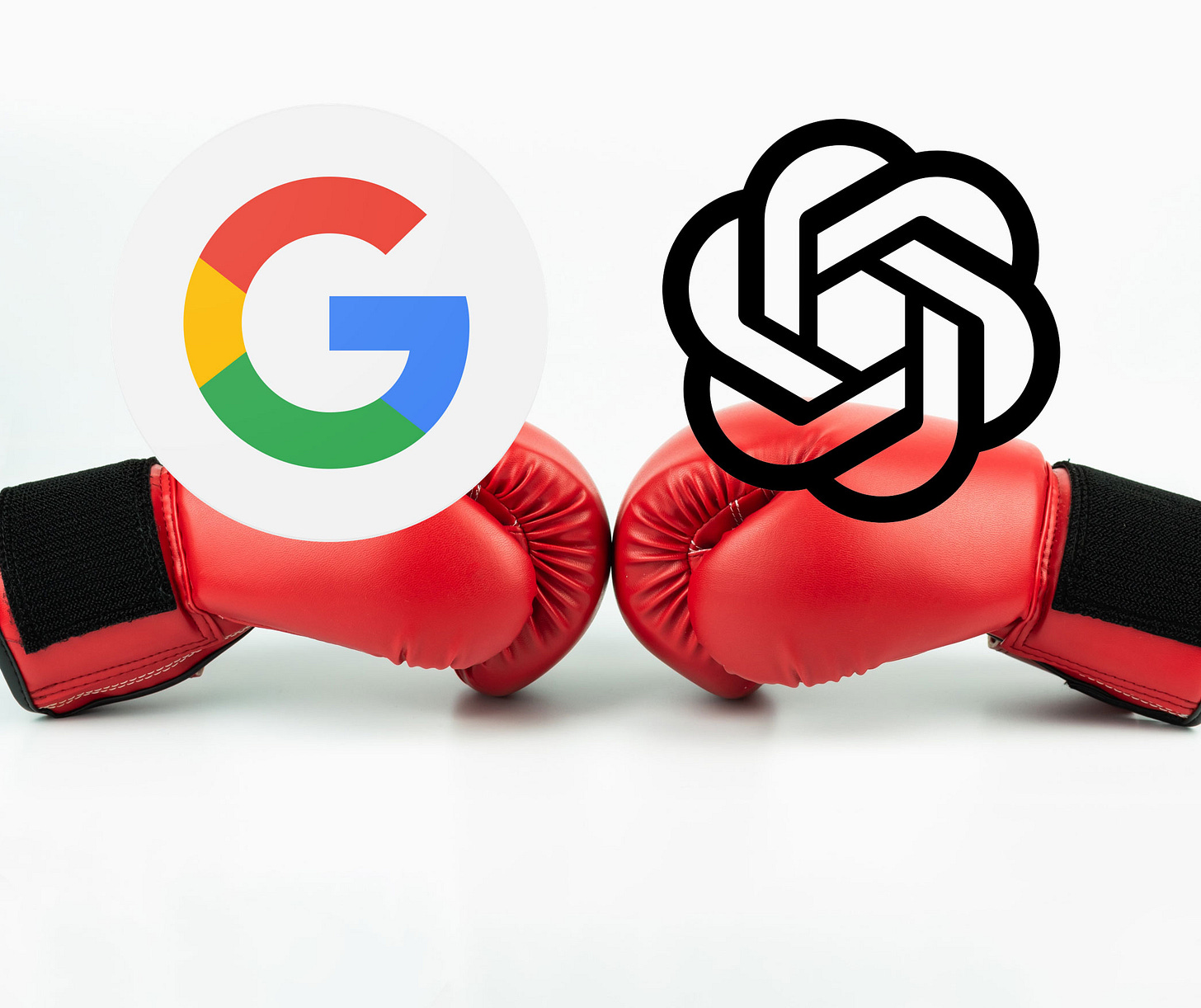Bard vs ChatGPT: The Battle of the Digital Titans
As a tech-savvy individual always on the lookout for the next big thing in the digital world, I have stumbled upon two intriguing technologies: Google Bard and OpenAI's ChatGPT. While they may seem similar at first glance, these two technologies couldn't be more different. And, as a curious cat with a love for all things tech, I just had to dive deeper and see what sets them apart. So, buckle up folks, because we're about to embark on a journey of discovery to find out which of these two powerhouses reign supreme!
As a user, it's important to understand the differences between Google Bard and OpenAI's ChatGPT, as these two technologies serve different purposes and offer different benefits. In this blog post, I'll compare and contrast these two technologies from a user's perspective, and explore the key differences between them.

Privacy
When it comes to privacy, Google Bard sets itself apart from traditional search engines. It promises not to track its users or store any personal information, making it a great choice for anyone who is concerned about their online privacy. On the other hand, ChatGPT is developed by OpenAI, which is a commercial organization with strong privacy policies in place, but it's not necessarily privacy-focused in the same way as Google Bard.
User interface
One of the most noticeable differences between Google Bard and ChatGPT is their user interface. Google Bard has a clean and straightforward interface that is designed to be easy to use. I can simply enter keywords and phrases, and Google Bard will provide me with fast and relevant results. In contrast, ChatGPT operates in a conversational manner, allowing me to ask questions in natural language and receive personalized and specific answers.
Search results
As a search engine, Google Bard provides me with results based on keywords and phrases I enter. The results can include anything from websites and articles to images and videos. With ChatGPT, however, I can ask questions and receive in-depth information on a wide range of topics beyond just web pages. This means that with ChatGPT, I can get more specific and personalized answers to my questions.
Query handling
Google Bard uses advanced algorithms to provide fast and relevant results based on my keywords and phrases. In contrast, ChatGPT uses artificial intelligence to understand and respond to my natural language queries, providing me with personalized and specific answers. ChatGPT is also capable of handling more complex queries and providing in-depth answers, whereas Google Bard is limited to providing results from the web.
Which is better?
Ultimately, the choice between Google Bard and ChatGPT comes down to what the user is looking for in technology. If privacy is a top concern and the user wants a fast and efficient way to search the web, then Google Bard is the better choice. On the other hand, if the user wants a more conversational and personalized way to find information and answer questions, then ChatGPT is the better option.
It's also worth noting that both technologies have their own strengths and weaknesses, and the best choice may depend on the specific task or question at hand. For example, if the user has a complex question that requires in-depth information, then ChatGPT is likely the better choice. However, if the user simply wants to find a specific website or article, then Google Bard is likely the better option.
In the end, it's up to the user to decide which technology is better for their needs, and it's possible to use both technologies in conjunction to get the best of both worlds. By combining the privacy-focused search results of Google Bard with the personalized and in-depth answers of ChatGPT, the user can have a comprehensive and effective tool for finding information and answering questions.

